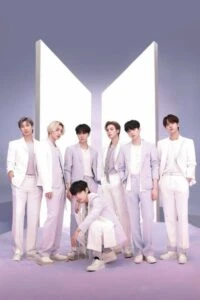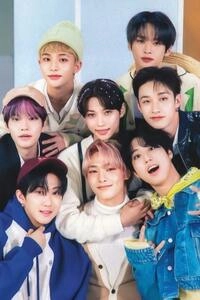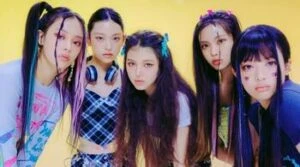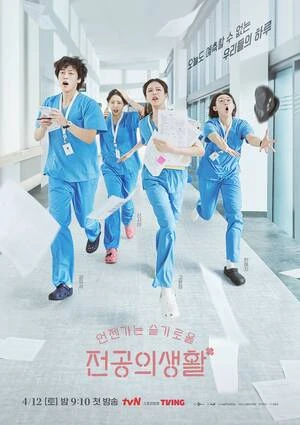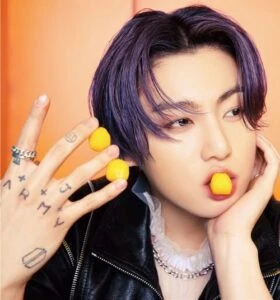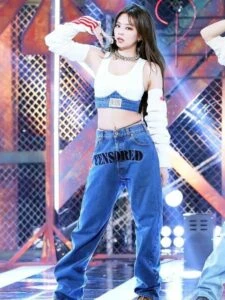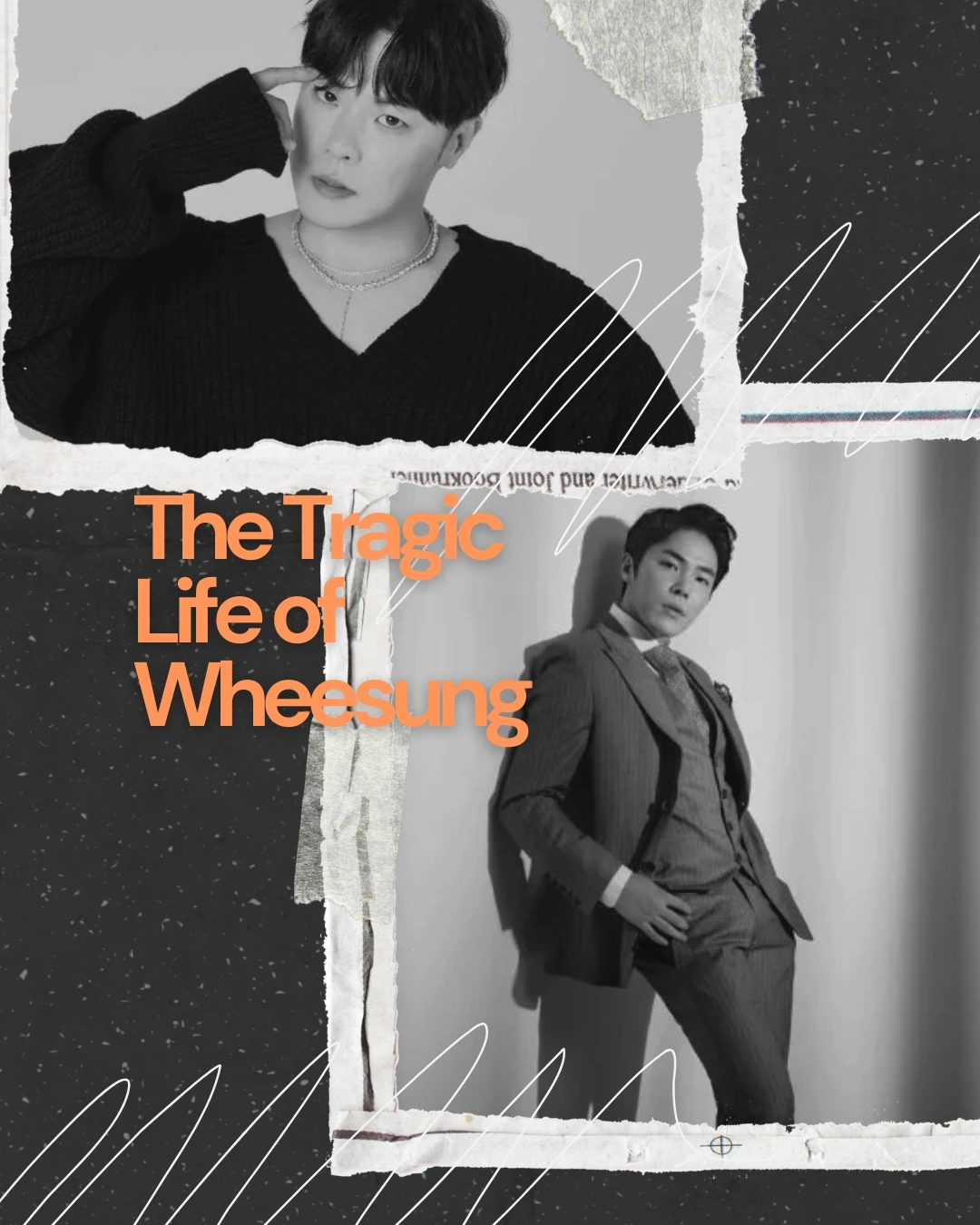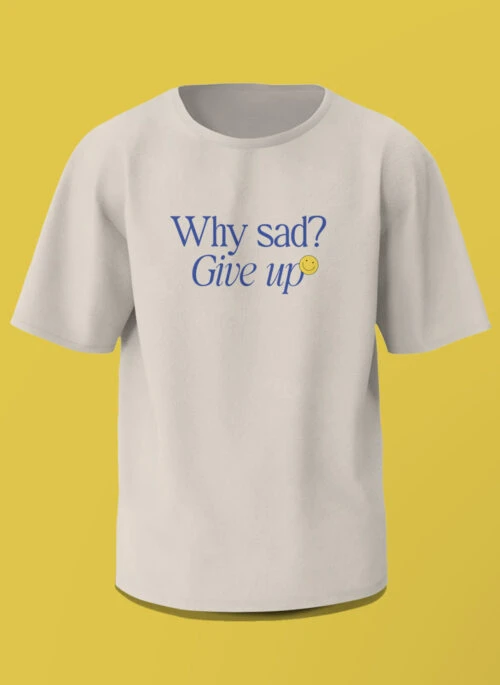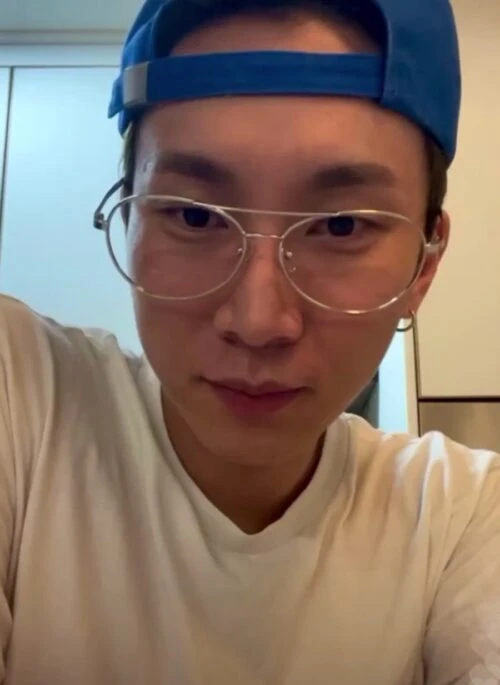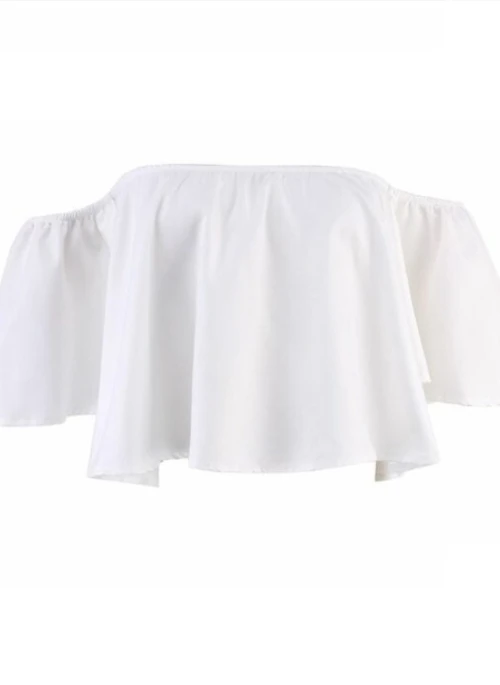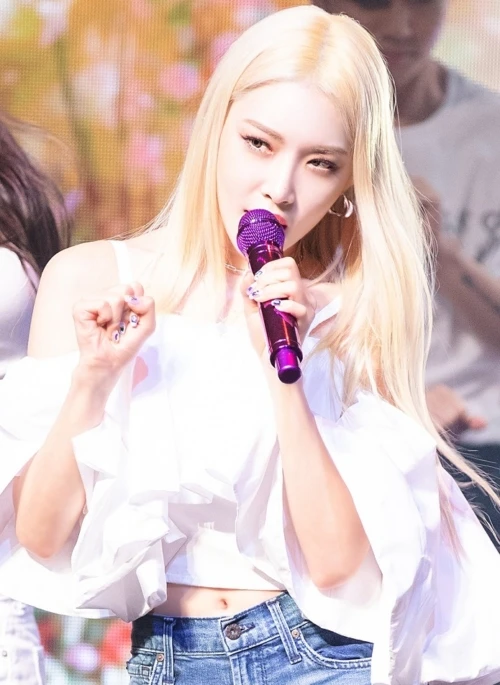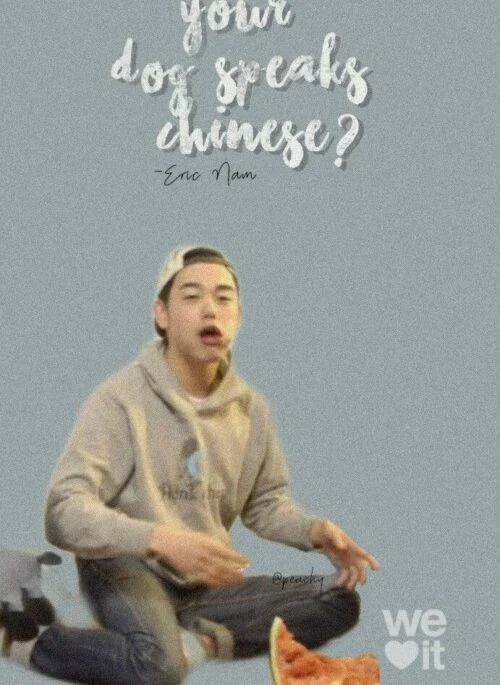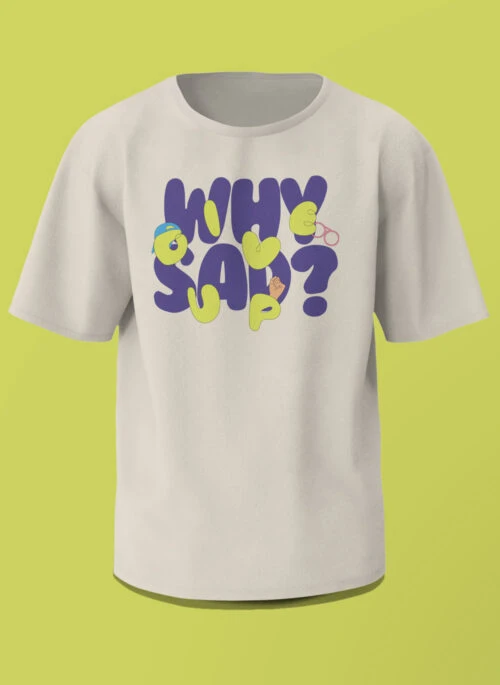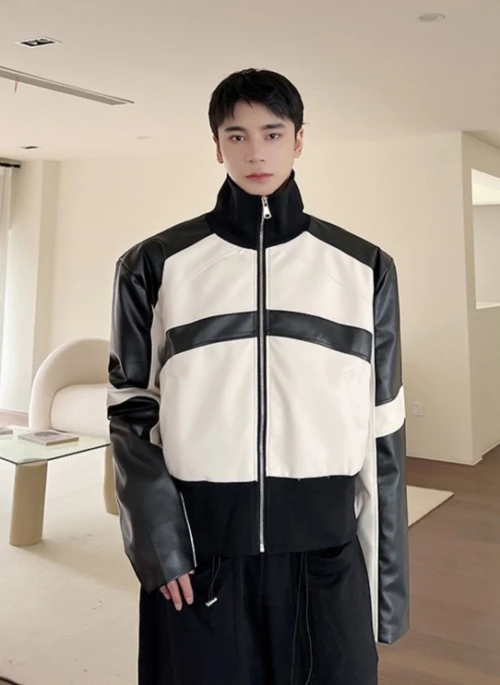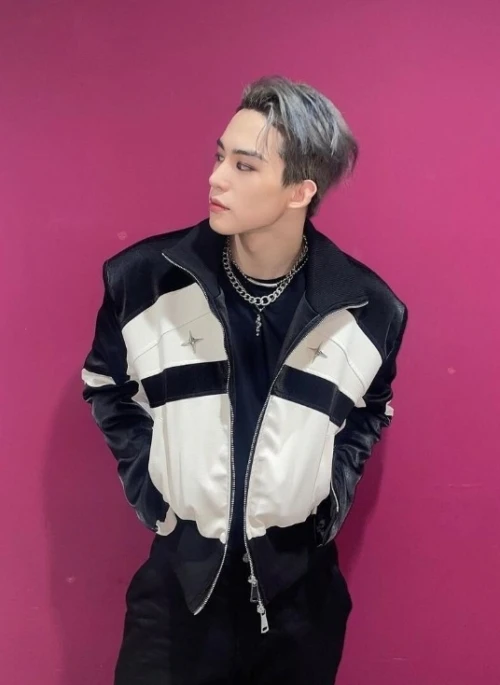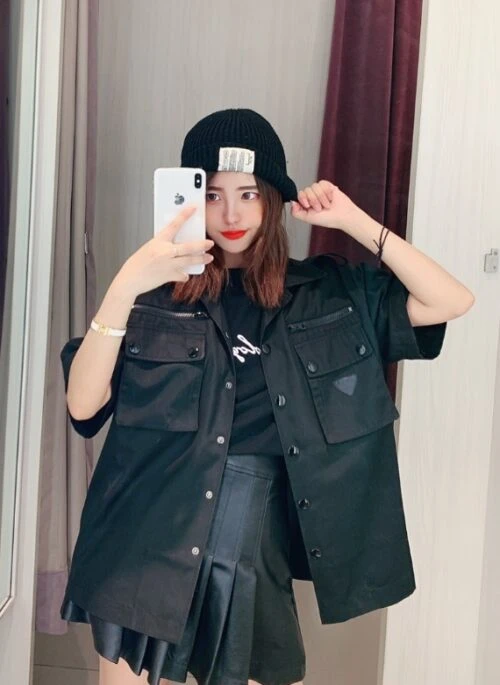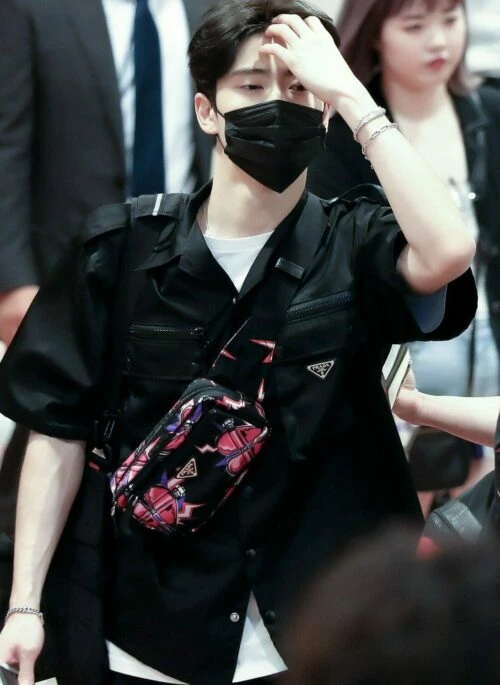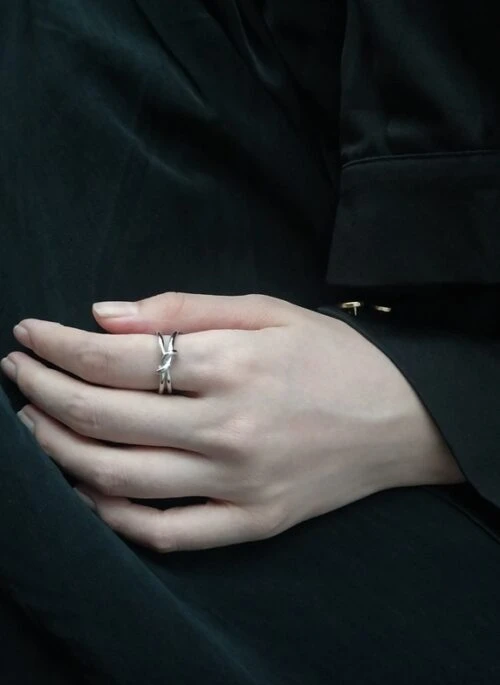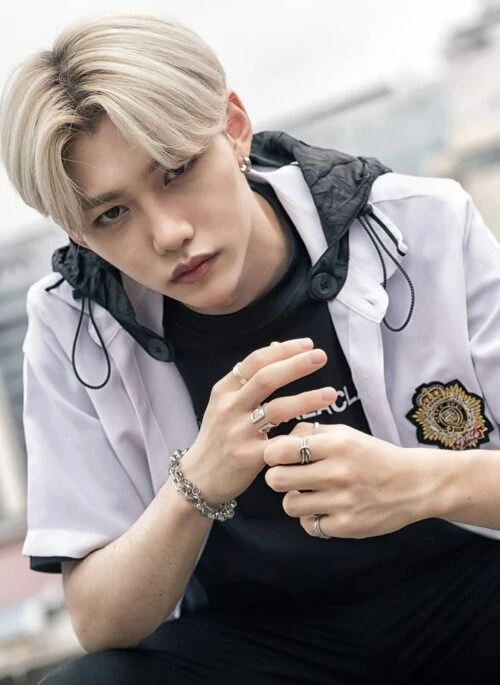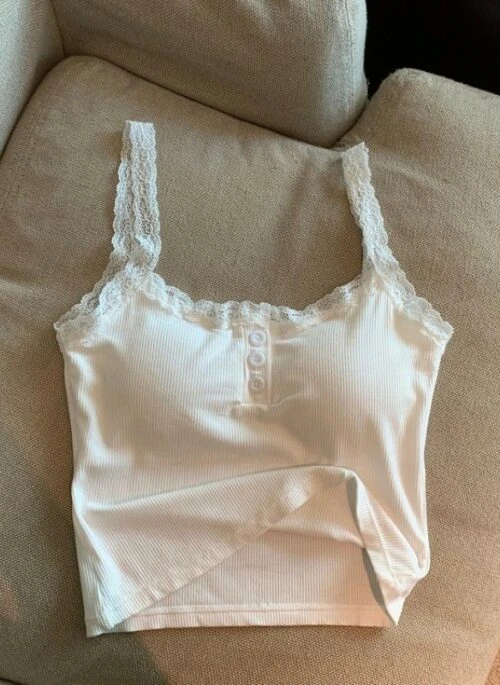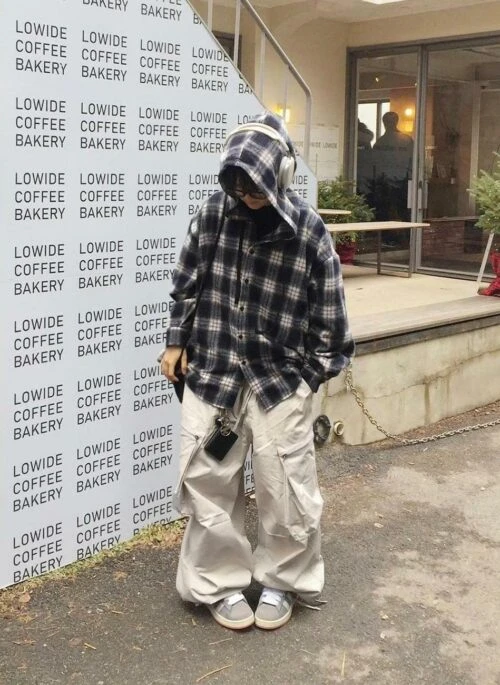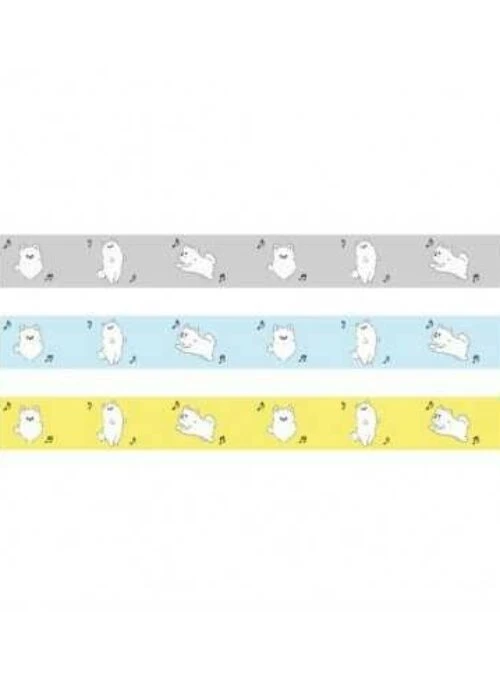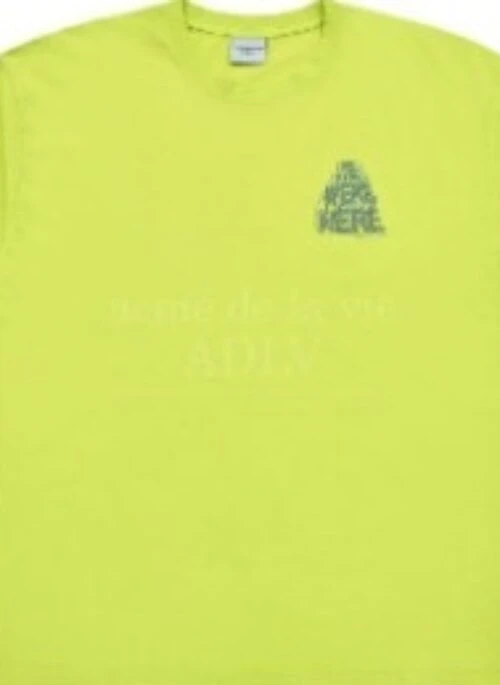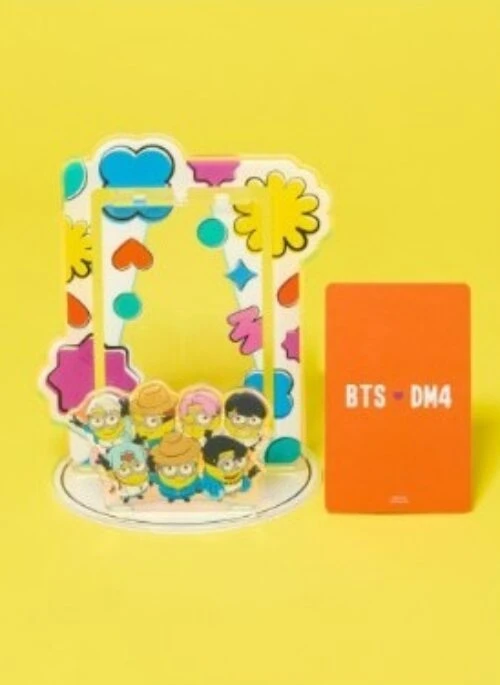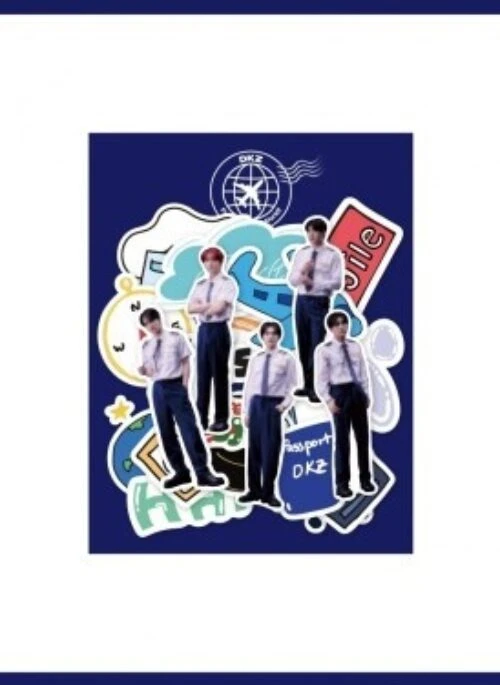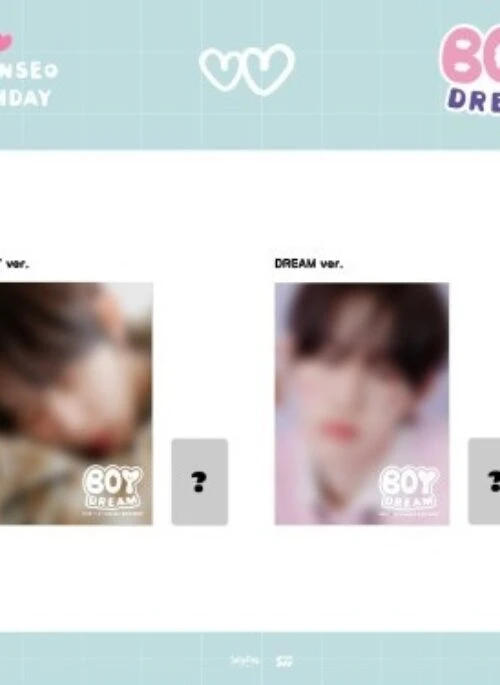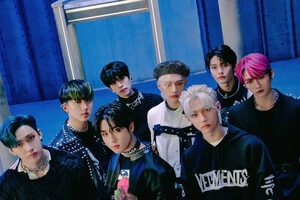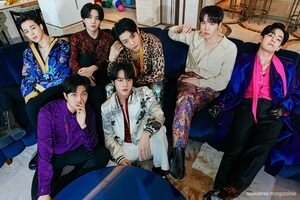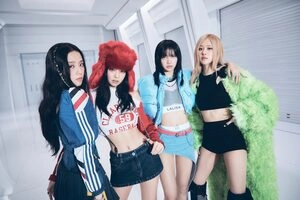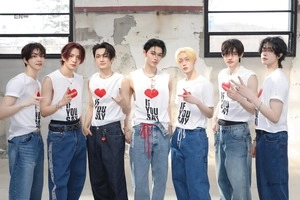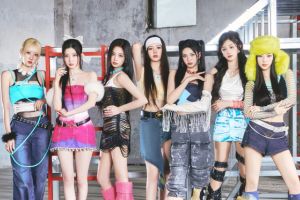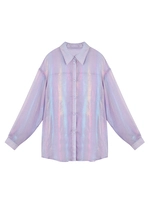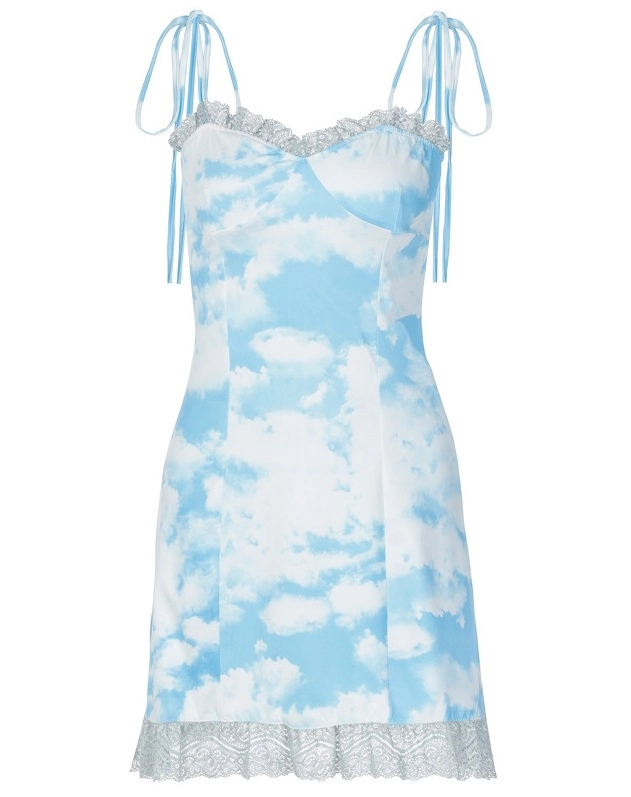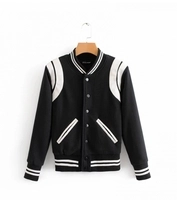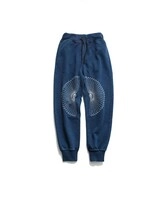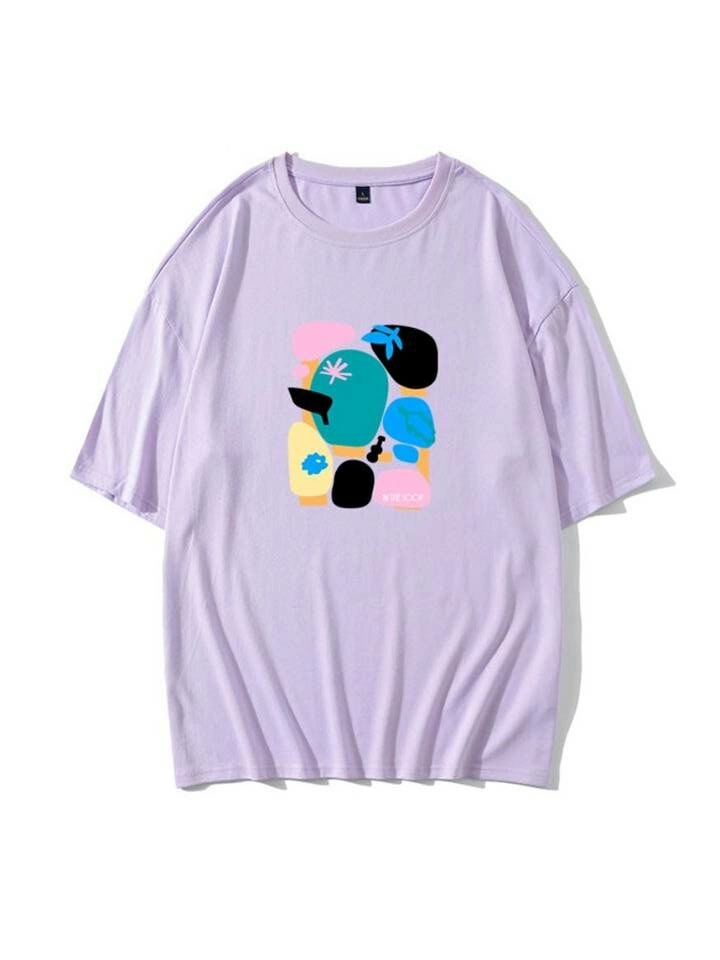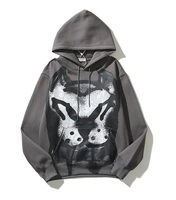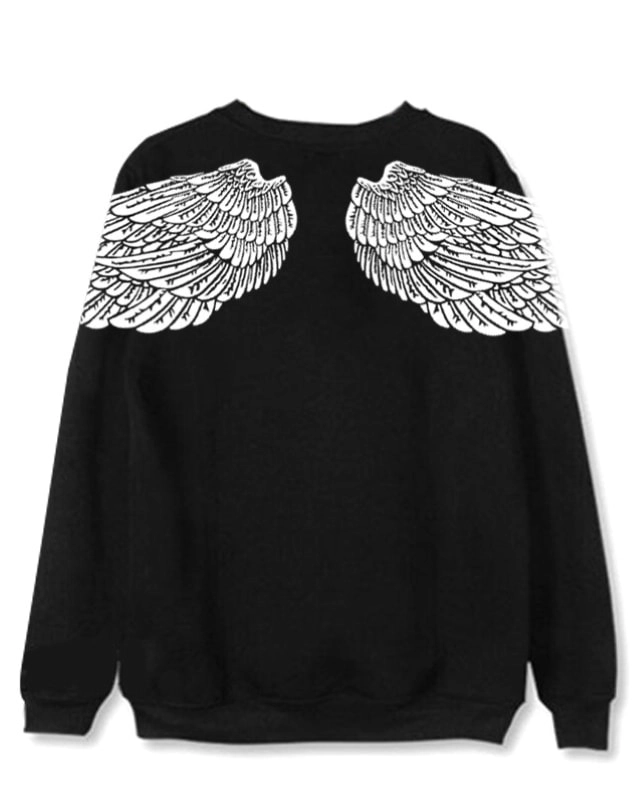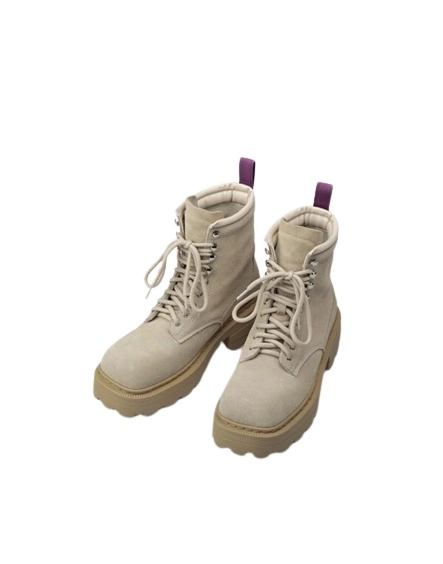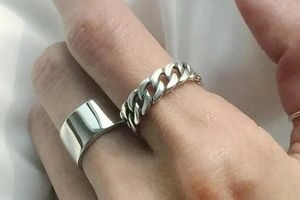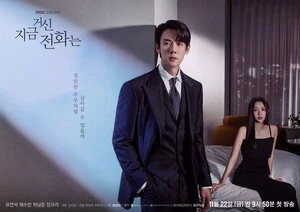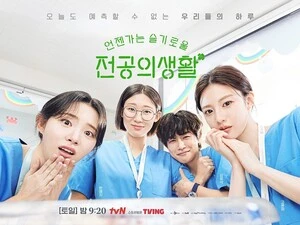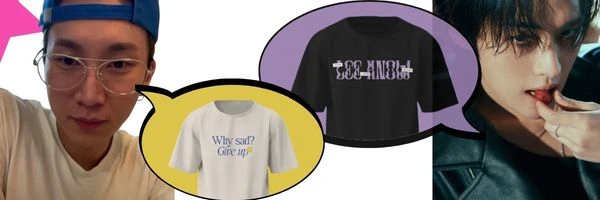23/04/2025
The Tragic Life of Wheesung
From chart-topping songs to personal battles, singer Wheesung’s life was marked by both immense talent and deep struggles. His journey, full of highs and lows, ended in tragedy, leaving fans and the industry reflecting on a life cut short. But what happened behind the scenes that led to his tragic passing?
Table of Contents
- 1. Beginnings as a Talent in a Changing Music Scene
- 2. A Remarkable Solo Career and Collaborations
- 3. Lyricist Extraordinaire: Where Wheesung Placed His Mark
- 4. First Brush with Controversy: The Propofol Scandal
- 5. An Uphill Battle After Military Discharge
- 6. The Amy Case: Accusations and Aftershocks
- 7. A Second Storm: Explosive 2020 Investigation
- 8. CCTV Footage and the Public’s Harsh Judgment
- 9. Downward Spiral: Legal Repercussions and Mental Strain
- 10. The Effort to Recover: Battling Addiction and Loss
- 11. An Unfinished Project—and the Final Chapter
- 12. An Industry in Mourning
1. Beginnings as a Talent in a Changing Music Scene
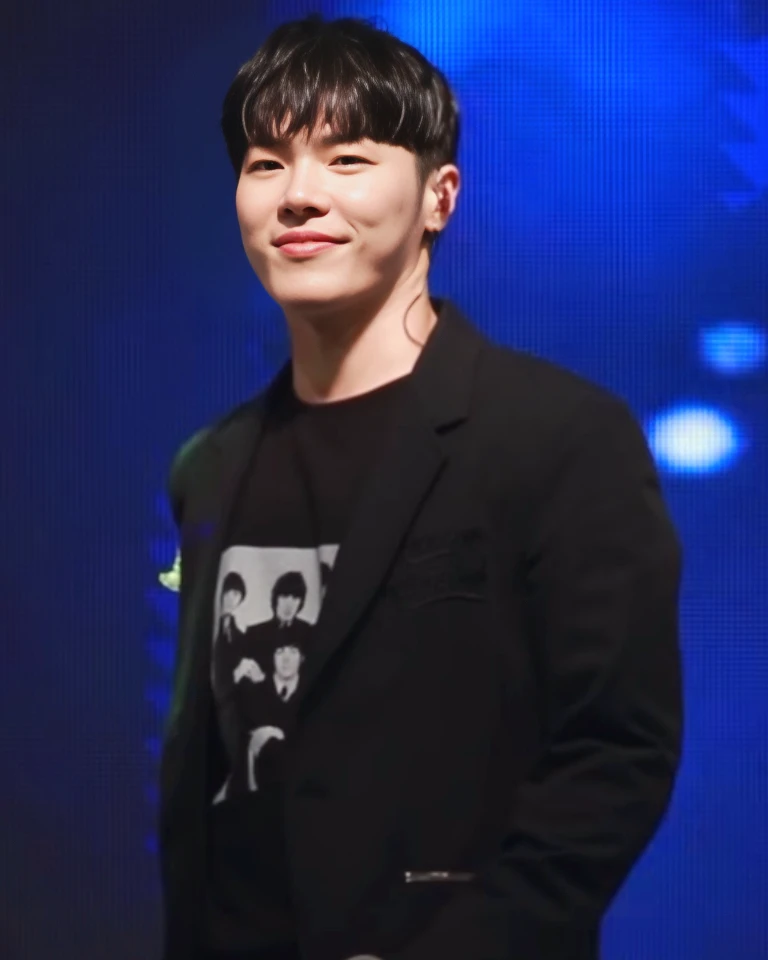
Wheesung, known professionally by that name or sometimes as Realslow, was born on February 5th, 1982 (according to some references), though official details can vary. He first stepped into the music business in 1997 as a part of a backup dance team called ING. In 1999, he joined the short-lived boy group A4, but left after their debut album due to creative differences. Later, he briefly became the lead vocalist for a rock band named MAME, experimenting with more diverse music before ultimately going solo.
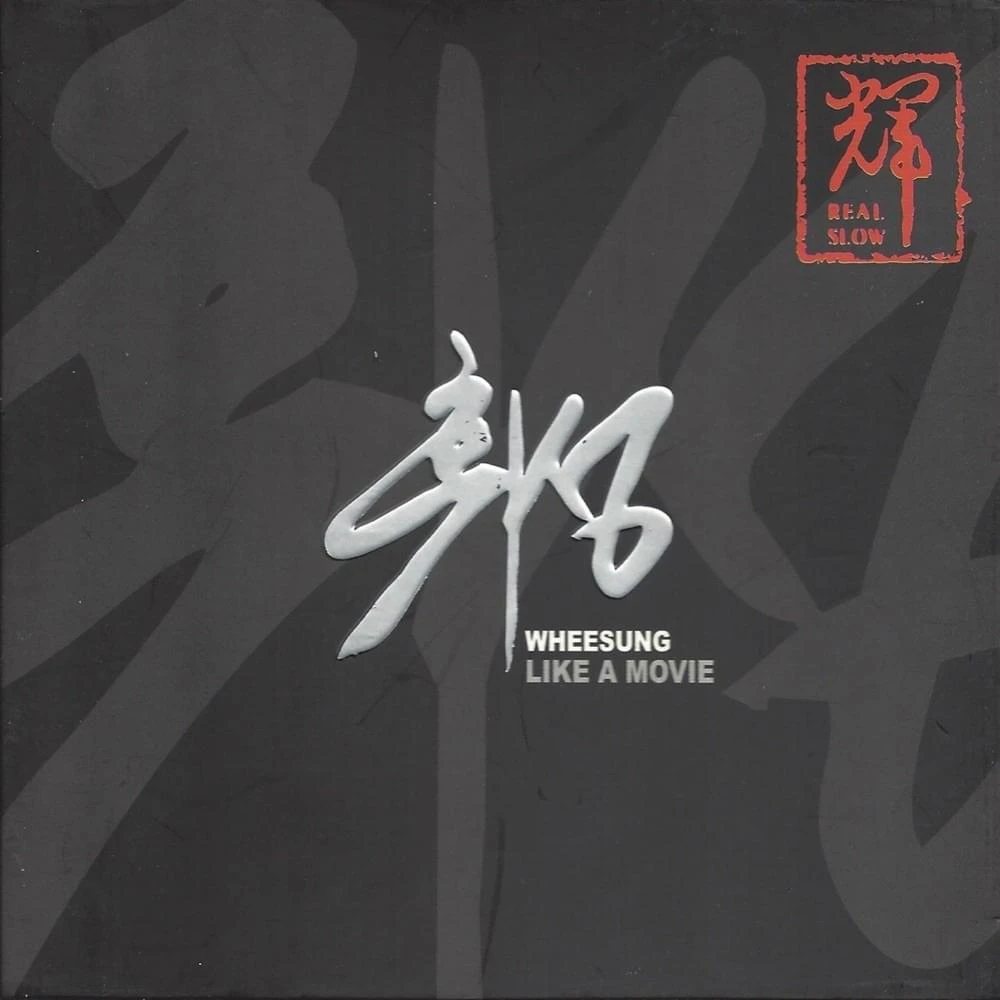
Wheesung’s debut solo album, Like a Movie, arrived in 2002 and received widespread praise, quickly showcasing his potential as a new-generation R&B singer in Korea’s pop scene. His voice, described as both soulful and powerful, allowed him to stand out in an era that was moving away from 90s ballad dominance into a more diverse K-pop landscape.
2. A Remarkable Solo Career and Collaborations
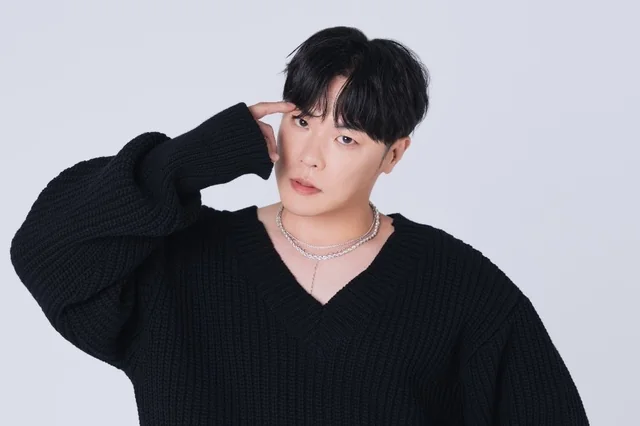
He followed Like a Movie with hits like “With Me,” “The Day We Met Again,” “Incurable Disease,” and “A Year Gone By.” These tracks underscored Wheesung’s emotional range and remarkable vocal ability, quickly propelling him to fame. His heartfelt style, blending R&B with pop, resonated with an audience hungry for soulful male vocalists.
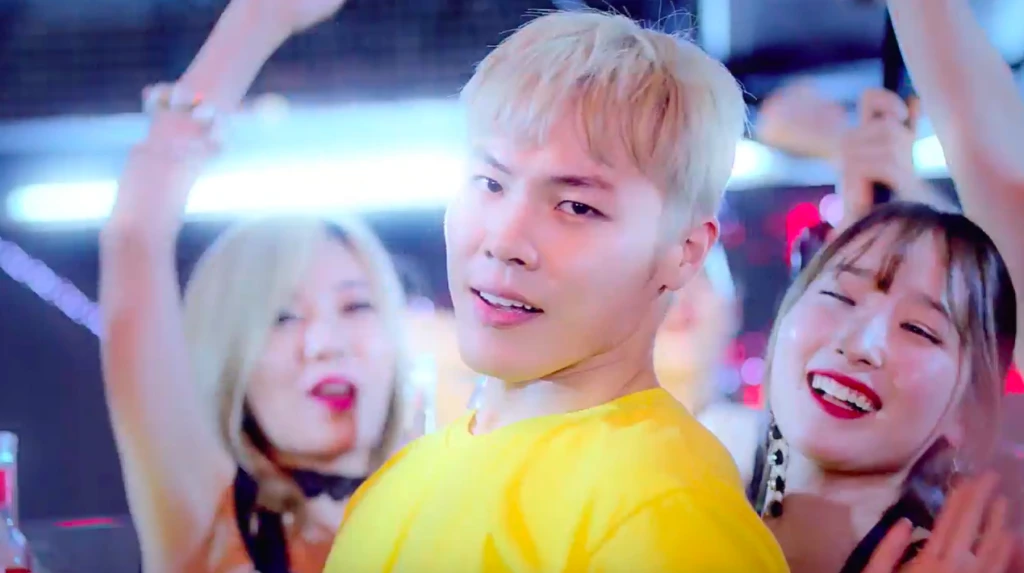
But beyond his own releases, Wheesung became a go-to collaborator for prominent K-pop acts, forging memorable duets and joint stages with big names like Lee Hyori, SE7EN, Jessi, Heize, Ailee, K.WILL, and SHINee’s Jonghyun. His ability to mesh well with different styles—from dance pop to rap-laced tracks—showcased his versatility as an artist. For many K-pop fans, he was a revered vocalist, someone recognized for both his deep emotional expression and impeccable technique.
3. Lyricist Extraordinaire: Where Wheesung Placed His Mark
Apart from his vocal talent, Wheesung was also a respected songwriter. He contributed lyrics to numerous popular K-pop tracks, including Lee Hyori’s “HEY MR. BIG (Boys in Girl),” T-ara’s “Crazy Because of You,” Orange Caramel’s “Magic Girl,” and TWICE’s “Dance The Night Away.” These compositions helped define the sonic identities of several groups, illustrating his adaptability and understanding of the K-pop market. At one point, fans hailed him as one of the best lyricists in Korean pop, recognized for his knack for pairing catchy melodies with heartfelt lines.
4. First Brush with Controversy: The Propofol Scandal
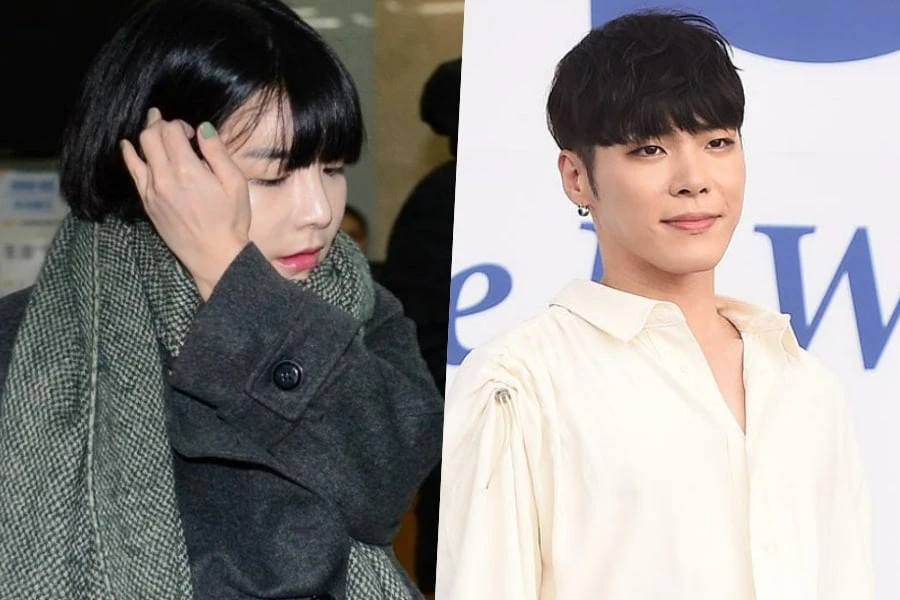
Despite his artistic success, Wheesung’s career wasn’t free of struggles. One of his earliest major controversies revolved around propofol, a powerful anesthetic that began drawing attention in the entertainment world after the TV personality Amy’s misuse in 2012. Rumors surfaced that a male singer serving in the military had also been involved. In May 2013, it was confirmed that the singer in question was Wheesung. Reports showed he had been receiving propofol at clinics during military breaks since 2011.
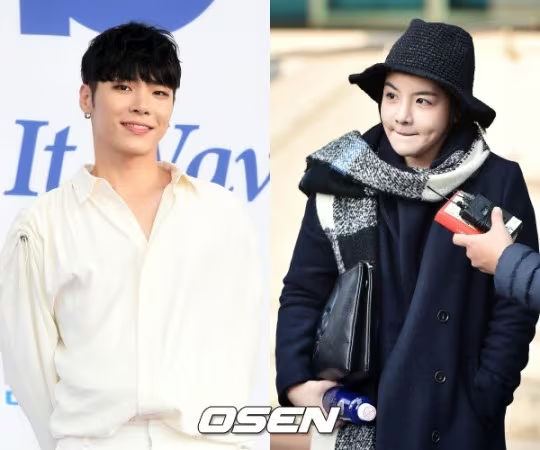
Police had searched two medical centers, finding records that lined up suspiciously with Wheesung’s vacation days. Although the singer’s legal team insisted these propofol injections were purely for medical reasons—citing a herniated disc and hair loss—public suspicion grew. Fans who had idolized his squeaky-clean image felt betrayed. Although the charges were eventually dropped, the scandal left a lingering shadow on his reputation. He also spent three days in military prison for illegal cellphone usage, which his lawyer explained had occurred “only at the hospital, not in the training facility.”

Upon his military discharge, Wheesung reflected on how traumatic that period had been, comparing it to “living through unbearable hardship.” While relieved the propofol allegations were resolved without severe legal punishment, the ordeal damaged his morale and impacted his post-military career trajectory. Sadly, it was not his last run-in with substance controversies.
5. An Uphill Battle After Military Discharge

Despite the blow to his image, Wheesung worked on rebuilding. In interviews, he acknowledged how “mentally draining” it all had been but vowed to refocus on music. Initially, fans were supportive, eager to see if he’d recapture the magic of earlier hits. But as he began performing again, the pop landscape had evolved, and bridging the gap back to mainstream fame was never guaranteed. K-pop was now brimming with younger idols dominating the charts, leaving older soloists like Wheesung hustling to maintain their place.
6. The Amy Case: Accusations and Aftershocks
Everything reignited in April 2019, when TV personality Amy unexpectedly revisited the 2012 propofol scandal. On Instagram, she claimed her “best friend,” labeled only as “A,” had taken propofol with her but escaped consequences by pressuring her to shoulder the blame. She further alleged that “A” tried to blackmail her, even suggesting filming explicit videos to ensure her silence. Though she didn’t name him outright, many guessed she was accusing Wheesung, as the timeline matched his involvement.
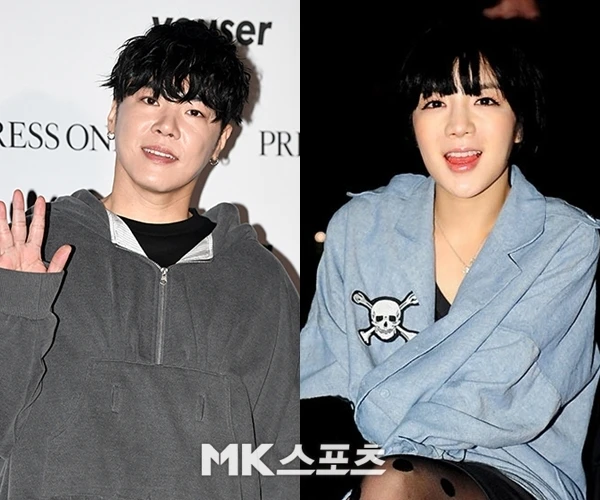
Fans were stunned—Amy’s claims were chilling if true. But Realslow Company (Wheesung’s agency) vehemently denied it all, stating they’d readily accept any punishment if genuine proof existed. The story turned out differently than Amy had initially implied; in the end, she posted a formal apology, revealing she had misunderstood the details and that Wheesung wasn’t at fault. Still, the second wave of allegations, even if ultimately retracted, further tarnished his public image and left him psychologically drained.
7. A Second Storm: Explosive 2020 Investigation
Less than a year later, in March 2020, Wheesung found himself back under police scrutiny, this time for allegedly purchasing large amounts of propofol. While authorities began seeking an arrest warrant, Wheesung was discovered unconscious in a shopping mall bathroom in Seoul. Nearby, the police found a plastic bag with syringes and a bottle of Etomidate, another anesthetic. He was tested and found negative for any illegal substances, so the police released him as they continued investigating.
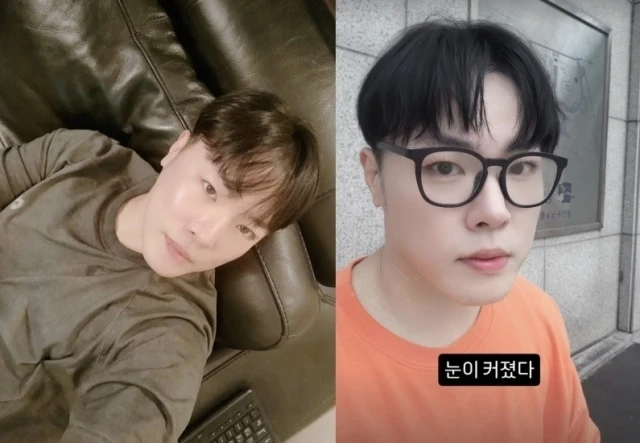
The next day, MBN News reported CCTV footage allegedly showing Wheesung meeting a mysterious man who handed him a black bag—thought to contain the anesthetic—shortly before he was found passed out. The story rocked the entertainment industry, with netizens labeling it evidence of a severe addiction. Online commentary grew harsh, with one netizen saying, “Reaching the point of injecting on his own in a public restroom is beyond redemption. He’s a total druggie now.”
8. CCTV Footage and the Public’s Harsh Judgment
Later, MBN reported the arrest of the unidentified man who had allegedly supplied Wheesung with the substance. Because the anesthetic in question wasn’t officially classified as illegal, the focus shifted to how Wheesung obtained it and how frequently he’d been using it. Then on April 3rd, additional news broke that Wheesung was found unconscious yet again in a different location—a hotel bathroom in Gwangjin—using the same kind of anesthetic. Police questioned him but, since the item wasn’t illegal, they released him as a witness.
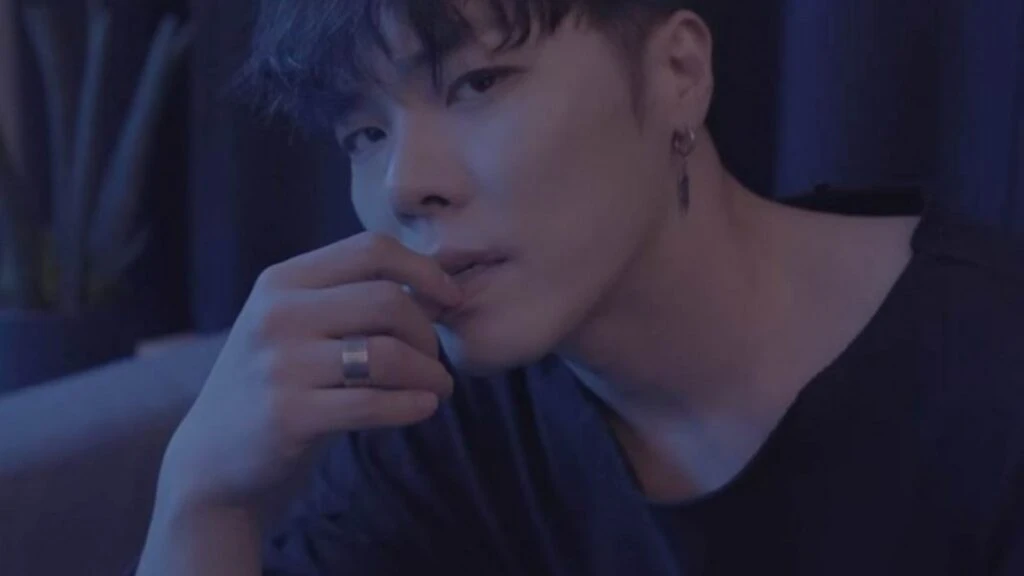
At the time, Realslow Company clarified that the singer had become deeply depressed amid these repeated incidents and had been admitted to a psychiatric facility for help. While fans pleaded for understanding, netizens largely responded with anger or shock, citing his downward spiral as indicative of a long-standing problem. The unsympathetic tone of many online comments weighed heavily on him, according to those around him.
9. Downward Spiral: Legal Repercussions and Mental Strain
Despite this chain of events, Wheesung avoided jail time for his substance misuse. He was ultimately handed over to the prosecution and sentenced to one year in prison, with a two-year probation that kept him out of custody unless he violated any further laws. Though KBS banned him from appearing on their programs in 2021, he still managed a Christmas concert for fans that same year, hinting at an attempt to salvage his professional life.
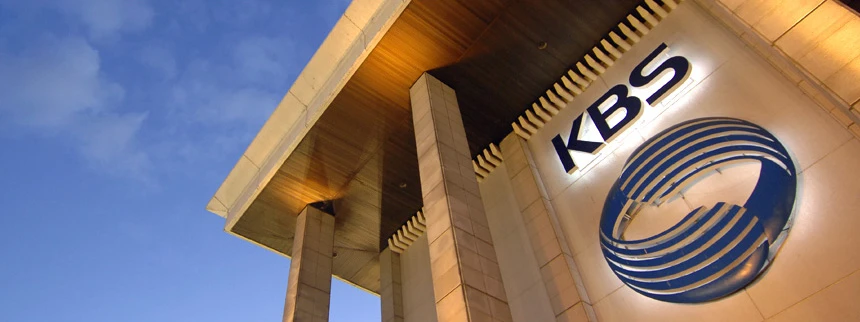
However, fans sensed that Wheesung’s depression was intensifying. By April 2023, he admitted to a harrowing battle with alcohol addiction. In July, he vented frustrations over how mental health issues were so often brushed aside in Korean entertainment, lamenting that the stigma around addiction left him feeling helpless. In December, he revealed he had been mainly staying at home due to “intense mental pain,” indicating an even more reclusive lifestyle and deteriorating emotional state.
10. The Effort to Recover: Battling Addiction and Loss
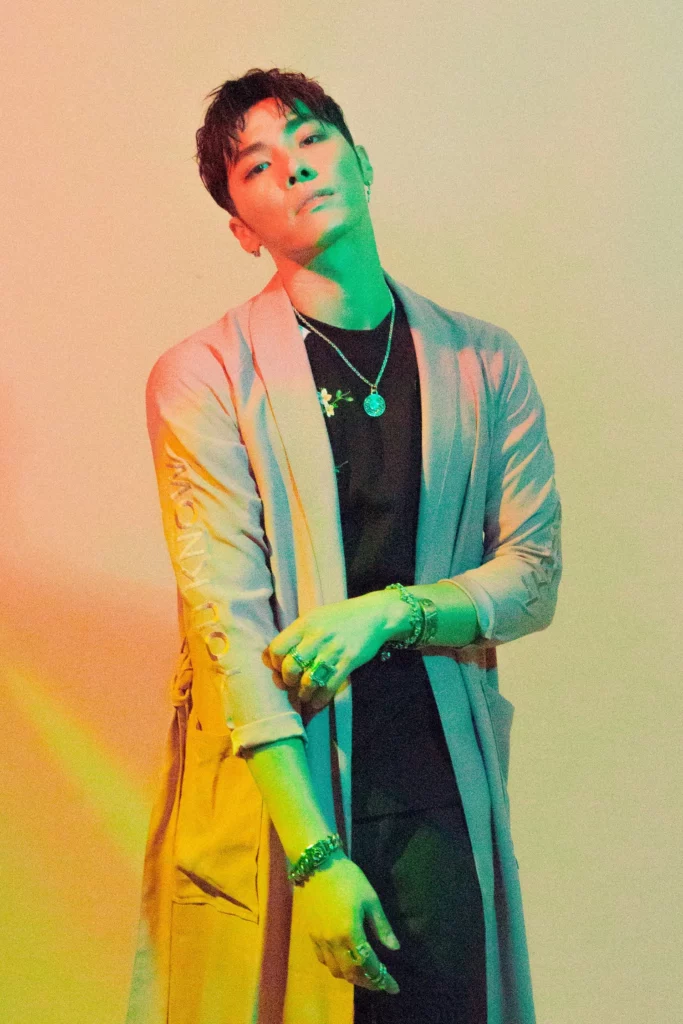
By 2024, it seemed that Wheesung was trying to pivot toward a comeback. On July 3 of that year, he announced via social media that a new album—rated 19+—was about 40% complete and planned for a winter release. This teased a personal, possibly darker tone in his music, an attempt at honesty about the lows he’d experienced. He also tentatively scheduled a co-headlined concert with KCM for March 15th of this year, fueling hopes for a genuine revival of his stage presence.
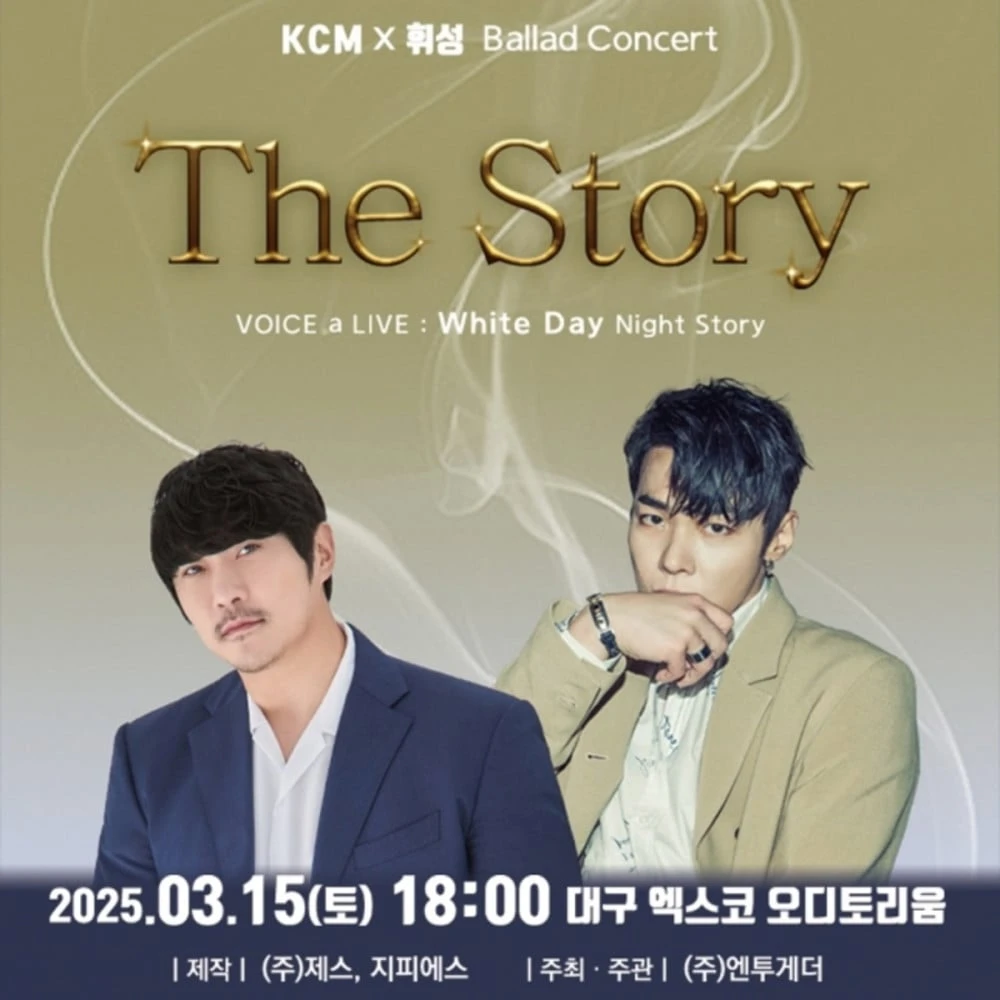
Tragically, these plans never came to fruition. On March 10th, 2025, the unthinkable happened— Wheesung’s passing was confirmed. According to his agency, Tajoy Entertainment, the singer had suffered cardiac arrest in his Seoul home. Despite attempts to resuscitate him, he was pronounced deceased. They pleaded with the public not to start rumors and to respect the grief of his family and close friends.
11. An Unfinished Project—and the Final Chapter
For many K-pop fans, the news of Wheesung’s death seemed almost unreal. Though overshadowed in recent years by controversies and personal demons, fans remembered him as the gifted vocalist behind beloved songs like “With Me” and “A Year Gone By.” He left behind half-finished work—a winter album that might have revealed deeper parts of his story, as well as a planned co-concert that could have signaled redemption. Instead, his legacy remains tangled in bittersweet memories of both artistry and addiction.
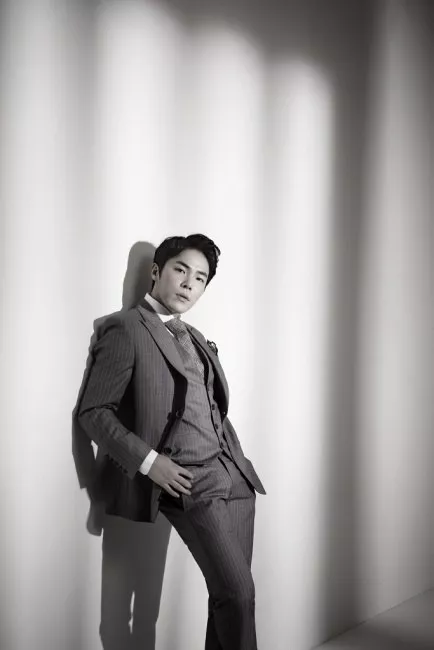
A shocked netizen shared, “I cried because I was so shocked… felt like the memories of my twenties disappeared. I hope he’s at peace now. Thank you for everything.” Many fans expressed heartbreak, sorrow, and even guilt for the times they’d criticized him harshly, not realizing the depth of his internal pain. Others lamented that mental health support in Korea’s entertainment sector remains insufficient, urging for more empathy toward struggling idols.
12. An Industry in Mourning
As news of Wheesung’s tragedy spread, tributes poured in from peers, collaborators, and fans around the globe. Industry veterans recalled his unwavering passion, describing him as a perfectionist who would tirelessly practice well into the night. Younger idols credited his lyric-writing tips for shaping their own songs. Above all, many noted that beneath the controversies and mistakes was a gentle soul yearning to share genuine music.
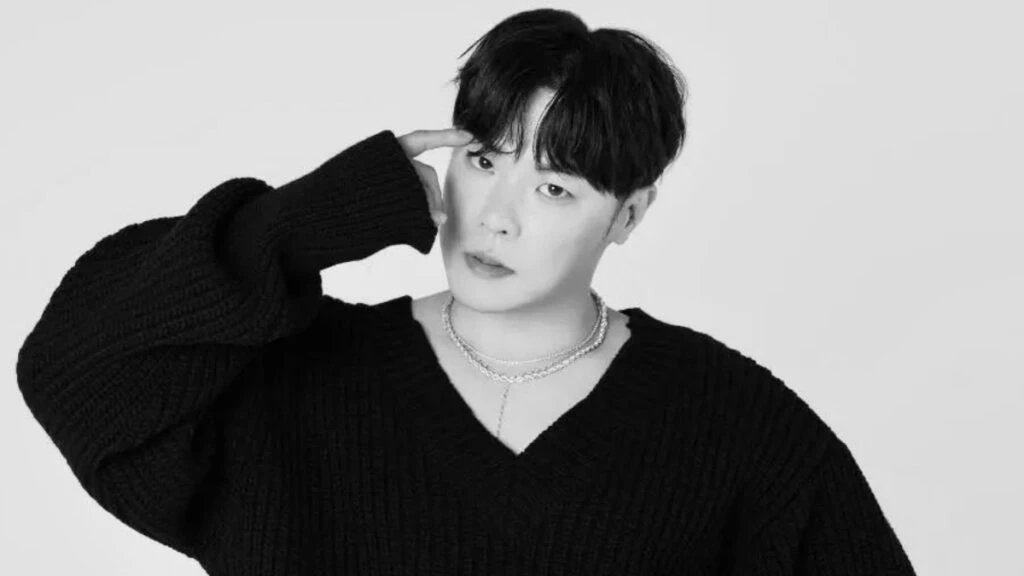
His story underscores a recurring theme: K-pop’s bright lights can conceal darker struggles, from substance misuse to depression, that often go unnoticed or dismissed until it’s too late. The tragic outcome of Wheesung’s life calls for re-examining the industry’s approach to mental health and addiction, reminding fans that behind the glitz are human beings wrestling with real pain.
We extend our deepest sympathies to Wheesung’s loved ones and everyone who cherished his music. May he rest in peace, free from the burdens that haunted him in life. While controversies may have defined his final years, we should remember the artistry and sincerity he brought to Korea’s R&B landscape—offering heartfelt lyrics, soaring vocals, and a dedication to craft that impacted countless fans and fellow artists. His loss reminds us, once again, to treat idols and performers with empathy, recognizing that fame doesn’t shield them from personal battles but often intensifies them.
